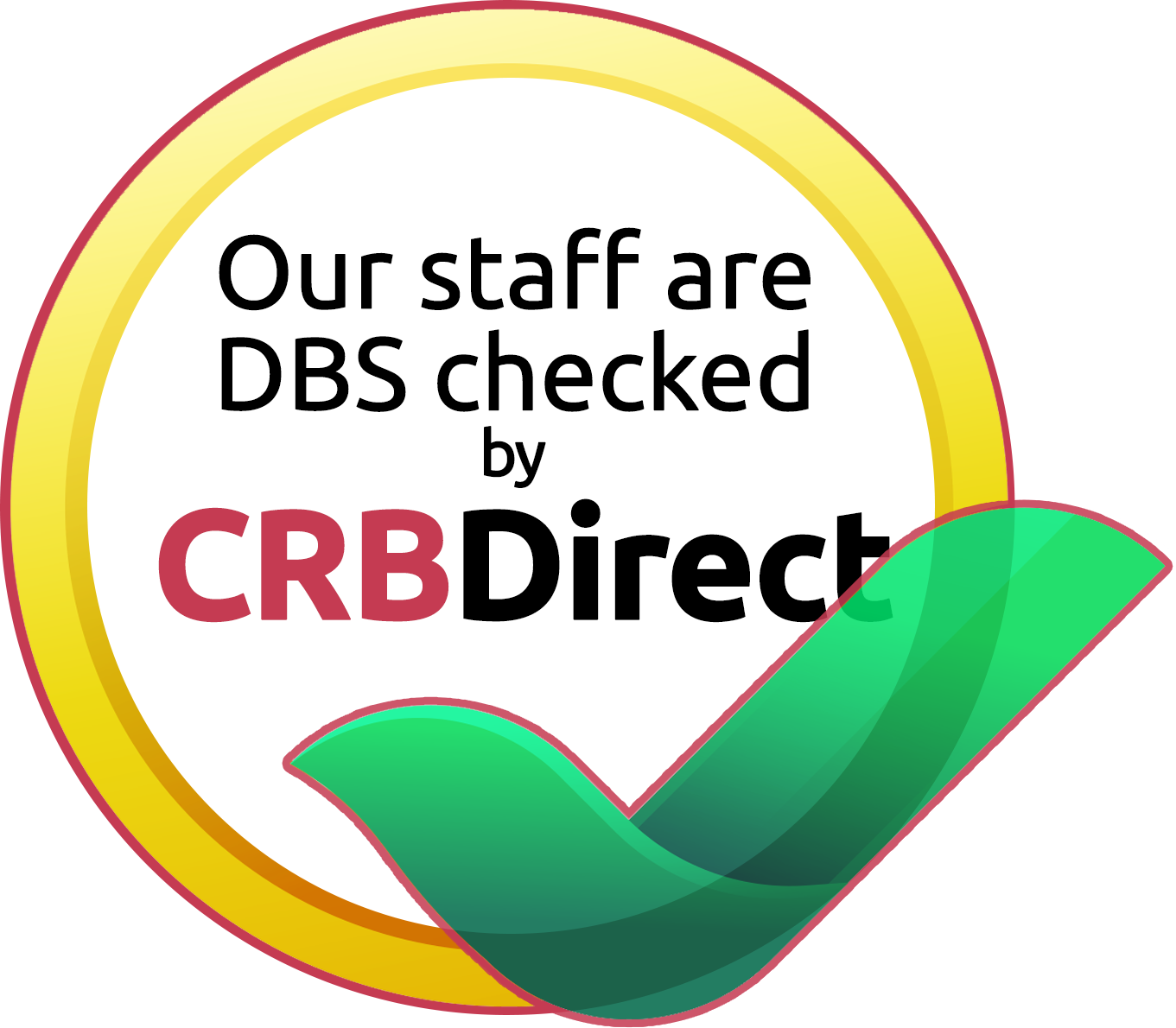Football is most definitely the UK’s favourite sport. Top sides like Liverpool, Manchester United or Arsenal hit the headlines, but 11 million people in England alone play football every week. This huge network of teams is supported by an active volunteering network. Big clubs have big budgets to pay coaches and staff, but smaller sides depend on the goodwill of volunteers. If you’re fanatical about football and want to get involved, here’s a few ideas to get you started.
Finding out about volunteering in football
 A good place to start looking for opportunities is online. Check out the FA website if you’re in England, or the other football associations for other parts of the UK. These contain information about how to get involved in coaching, refereeing or playing. Contact your local side and ask what opportunities there are for getting involved. Think about what skills you could offer, and what commitment you could make. Get active on social media by following local teams on Twitter, Facebook or Instagram. You’ll then be the first to find out about any new vacancies.
A good place to start looking for opportunities is online. Check out the FA website if you’re in England, or the other football associations for other parts of the UK. These contain information about how to get involved in coaching, refereeing or playing. Contact your local side and ask what opportunities there are for getting involved. Think about what skills you could offer, and what commitment you could make. Get active on social media by following local teams on Twitter, Facebook or Instagram. You’ll then be the first to find out about any new vacancies.
Volunteering as a referee or a coach
Teams at all levels need coaches and trainers, from pre-school teams right through to senior sides. Many volunteers eventually take the coaching badge qualification offered by their local football association, but you’ll be able to help out without this. Coaches focus on strategy, technique or on general fitness. Volunteer coaches working with children need to be DBS checked. The FA has clear guidelines about who to check, and how to get a certificate. The good news is that as a volunteer, you won’t pay for a DBS check. If you fancy your chances as a referee, there are exams to take. Start off by refereeing local matches in the Sunday league, progress to bigger games and you could one day end up refereeing the FA Cup Final at Wembley.
Matchday volunteer opportunities
Whatever the size of your local club they’ll rely on casual or volunteer staff to keep things moving on match days. Role could involve selling tickets, selling programmes, manning the merchandise stall or updating social media with commentary on the game. You won’t need enhanced DBS clearance for these sorts of roles, as they don’t involve contact with vulnerable groups. Clubs may however ask for a basic check which is also free for volunteers.
Behind the scenes volunteers
It takes a lot of effort to keep a small football team running. Someone needs to maintain the clubhouse, set up a website, organise a sponsor for the shirts, write a newsletter… It’s never-ending. Small clubs rarely have spare cash to employ people to do all of these jobs and are delighted to accept volunteers. Approach some local sides and ask where you could help out, given your skills and experience. This is also a great way to get into the football management industry for students or young people who want an insight into how small clubs operate.
